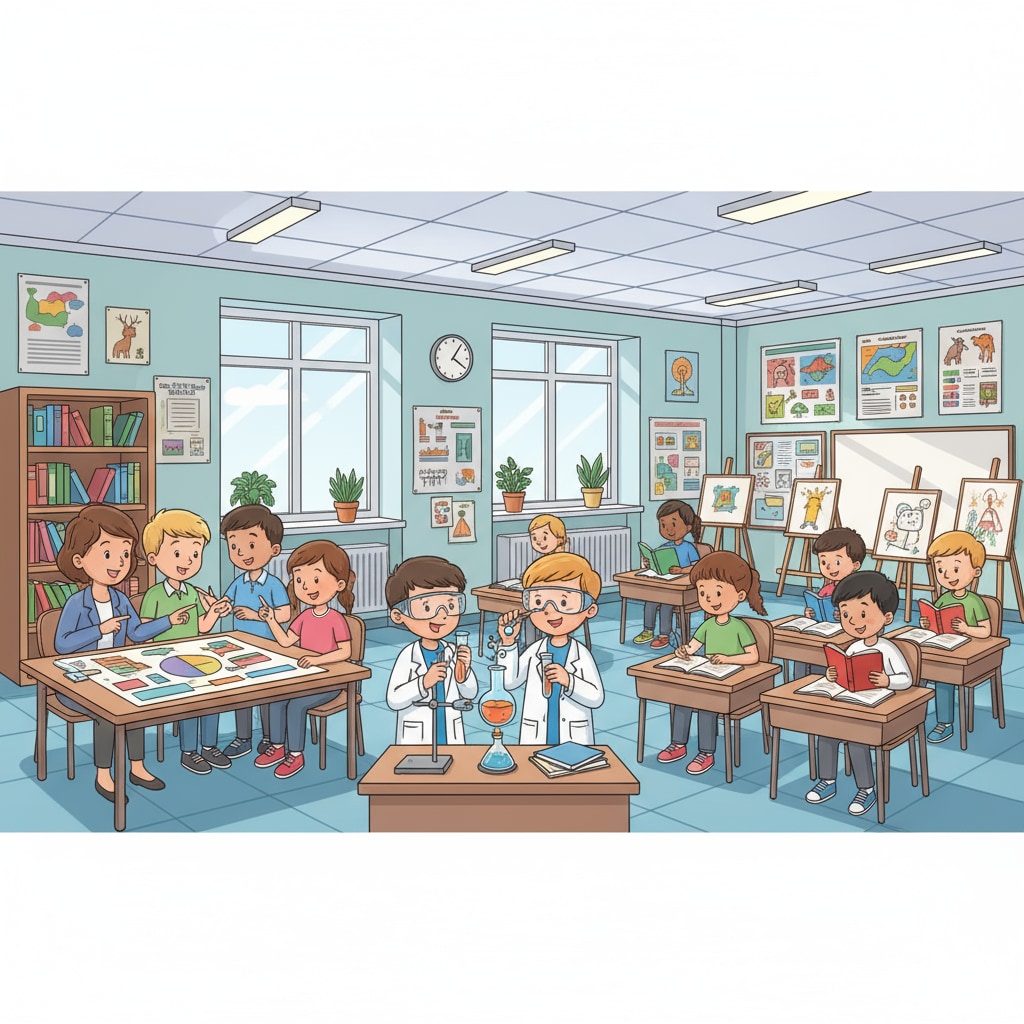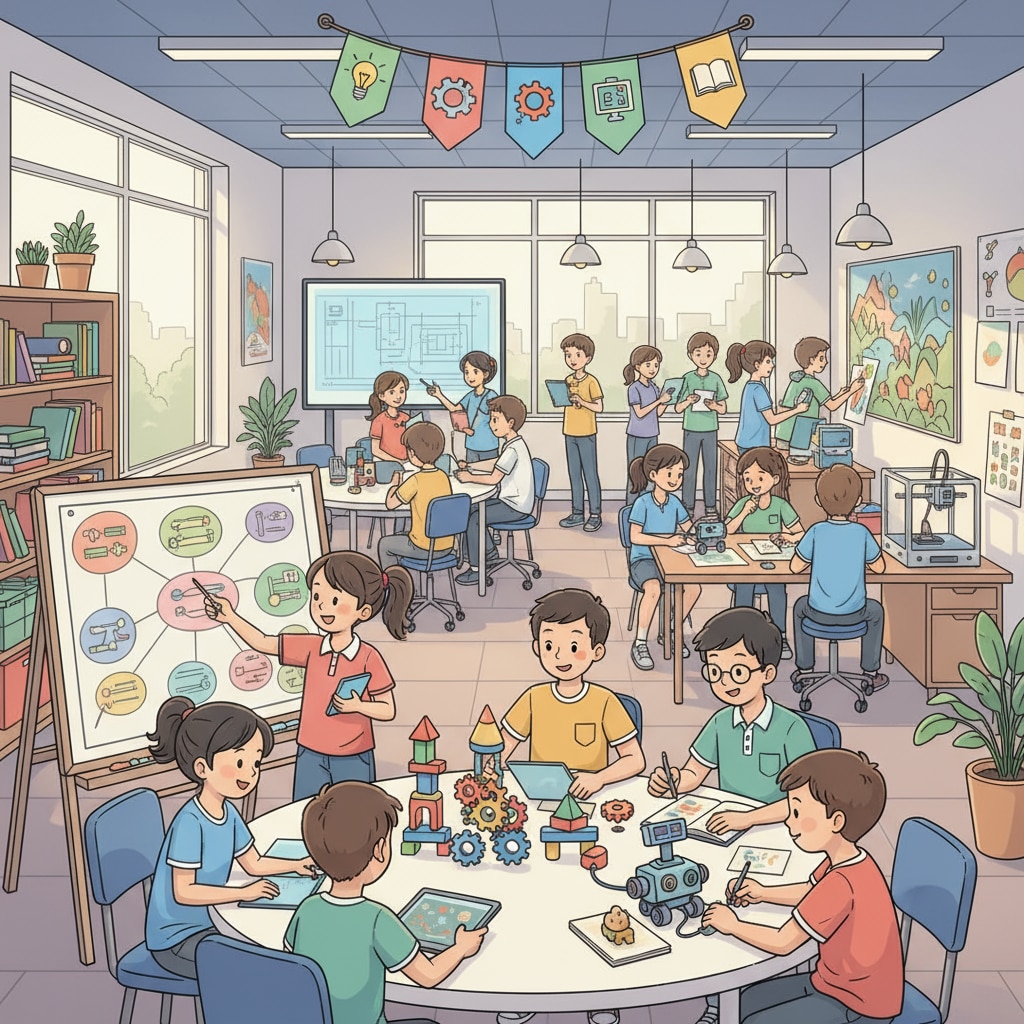In the contemporary landscape of education, the concepts of lifelong learning, formal education, and cultural awareness intersect in profound ways. K12 education, while crucial, has often placed an excessive emphasis on academic certification, overlooking the true essence of lifelong learning. As we strive for a more holistic educational approach, it is essential to reevaluate the role of formal education and how we can seamlessly integrate lifelong learning into the K12 phase.

The Limitations of Formal Education in K12
Formal education within the K12 framework has certain limitations. It typically follows a standardized curriculum, which may not fully accommodate the diverse learning paces and interests of students. For example, the focus on high – stakes testing often drives teaching towards rote memorization rather than fostering deep understanding. According to Wikipedia’s entry on formal education, this system can sometimes stifle creativity and the natural curiosity of learners. Students are often pushed to achieve good grades for college admissions rather than truly engaging with the learning material.
The Essence of Lifelong Learning
Lifelong learning is about the continuous pursuit of knowledge and skills throughout one’s life. It is not confined to the walls of a classroom but extends to every aspect of our daily lives. It encompasses learning new languages, hobbies, or professional skills. Cultural awareness plays a significant role here as well. When we are culturally aware, we are more open to different ideas and ways of learning. As Britannica defines lifelong learning, it is a process that enriches our personal and professional lives. We should instill this mindset in K12 students from an early age.

To integrate lifelong learning into K12 education, we need to restructure the curriculum. Instead of a rigid set of subjects, we could introduce more project – based and inquiry – based learning. This would encourage students to explore topics that interest them deeply. Teachers should also be trained to be facilitators of lifelong learning, guiding students to develop self – learning skills. In addition, schools can create learning environments that support continuous learning, such as libraries with a wide range of resources and extracurricular activities that promote different forms of learning.
In conclusion, the journey towards integrating lifelong learning into K12 education is a complex but rewarding one. By recognizing the limitations of formal education, embracing the essence of lifelong learning, and fostering cultural awareness, we can create an educational ecosystem that nurtures learners for a lifetime. This approach will not only benefit individual students but also contribute to a more informed and adaptable society. Readability guidance: The key points are presented in short paragraphs and clear subsections. We’ve maintained an appropriate balance of sentence lengths and used active voice as much as possible. Transition words like ‘for example’, ‘in addition’ have been used to enhance the flow of the text.


